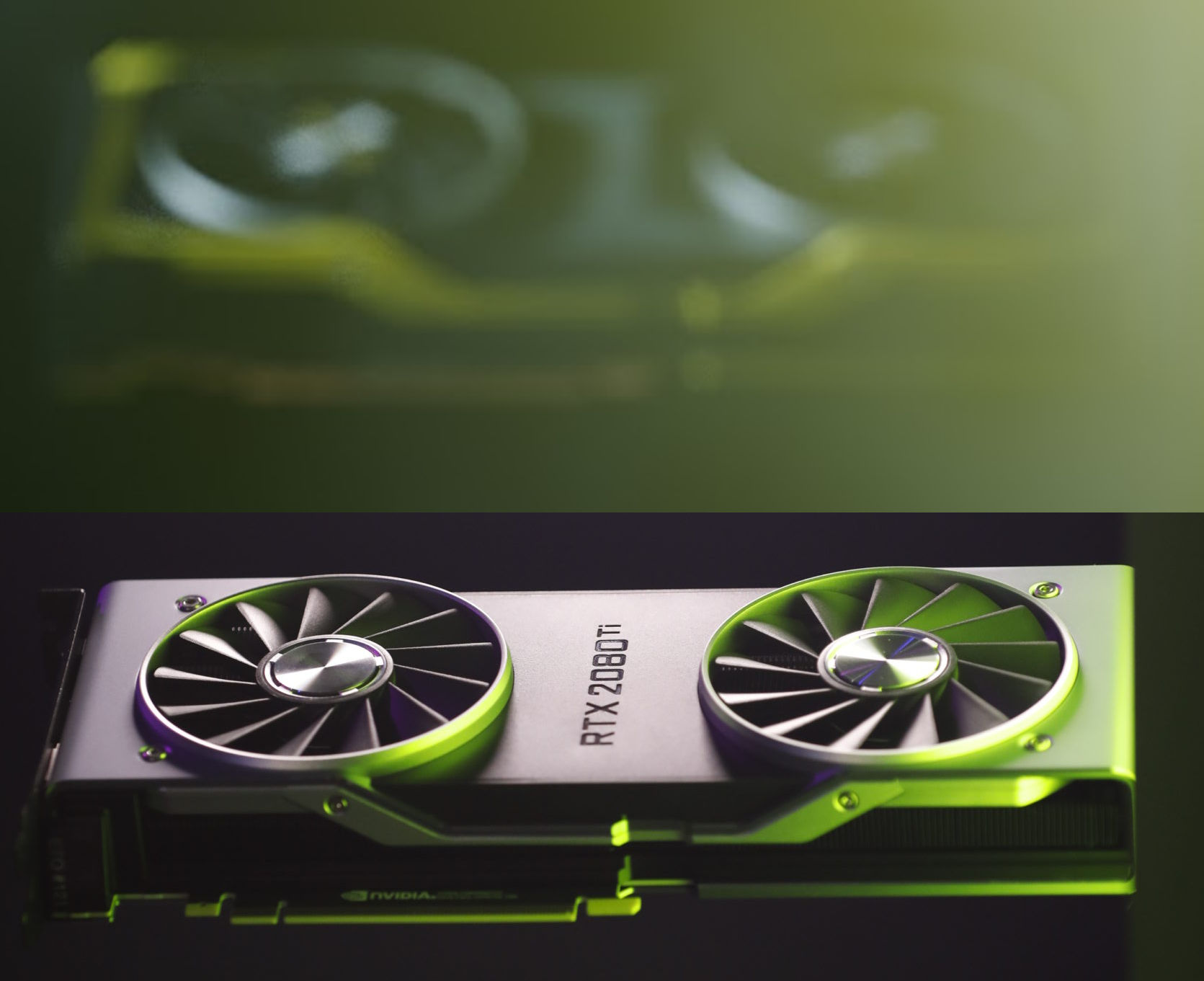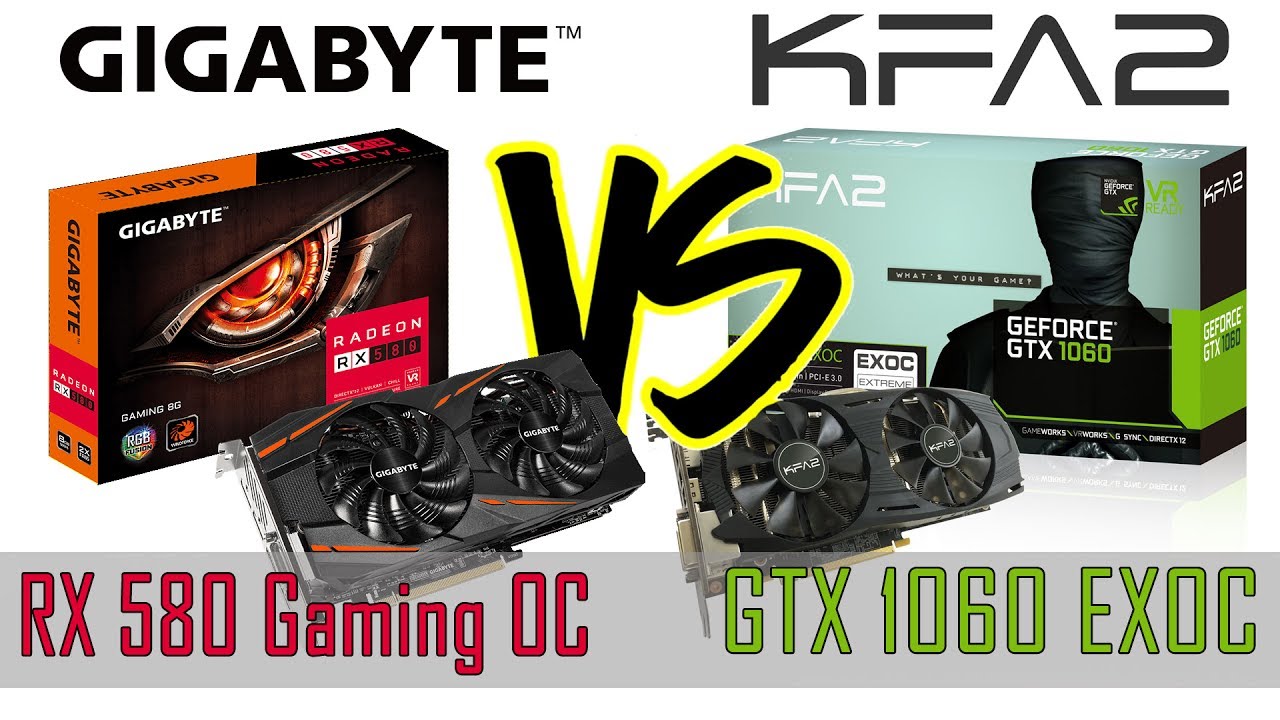

- #NVIDIA GRAPHICS CARDS COMPARISON FPS HOW TO#
- #NVIDIA GRAPHICS CARDS COMPARISON FPS UPGRADE#
- #NVIDIA GRAPHICS CARDS COMPARISON FPS PC#

Overclocking your GPU is the third and most fun way to increase FPS. Suppose you play the Witcher 3 you would have a much more excellent experience playing it at a stable 60 fps than at 45 fps, but with slightly better textures or shadows. Lowering settings such as shadows or volumetric lighting can dramatically boost your FPS at a slight quality sacrifice. The second way is by lowering your in-game graphical settings so that your GPU can put out more frames per second.

The first and most obvious step is upgrading your GPU to a more powerful one. There are three primary ways to get more FPS in your games directly. There is no set rule of how many FPS you need to play – to each person their own.įor example, you could play chess at just one frame per second perfectly fine, since in chess, the reaction time comes second to calculating the move in advance and taking your time (unless you play bullet chess, of course). The gold standard for balancing quality with performance is 60 frames per second. Some people can only perceive a certain amount of FPS, so be aware that there are diminishing returns past a certain threshold (some people can hardly tell between 120 and 240 Hz, for example). The more FPS you get, the better (but only past a certain point).Įvery second, depending on your system’s hardware and your screen refresh rate, you will see a certain number of static images displayed in rapid succession to give the illusion of movement. It determines how smooth you perceive it to be. This is the rate at which your graphics card updates information on your screen. With that out of the way, we need to address something else significant as well.
#NVIDIA GRAPHICS CARDS COMPARISON FPS HOW TO#
Now that you are aware of a GPU’s major factors, you can learn how each of them affects your FPS and how to get the most performance out of your GPU.
#NVIDIA GRAPHICS CARDS COMPARISON FPS PC#
No PC can do so without either a dedicated or a discrete GPU/APU.

How Does a GPU Affect FPS?Ī GPU’s primary purpose is to display the image on your computer’s screen. In this article, we will show you how your GPU, CPU, and other parts affect your gaming FPS, how to increase your FPS, and how to choose a suitable GPU for your gaming needs correctly. Another story is to understand better how FPS work and how they relate to your GPU and other PC components. So, of course, your GPU affects your in-game FPS, but that’s only the short answer. GPUs are the most crucial and primary part when it comes to gaming.
#NVIDIA GRAPHICS CARDS COMPARISON FPS UPGRADE#
It can get very confusing for anyone looking to build or upgrade their gaming PC with the various hardware options on the market.


 0 kommentar(er)
0 kommentar(er)
